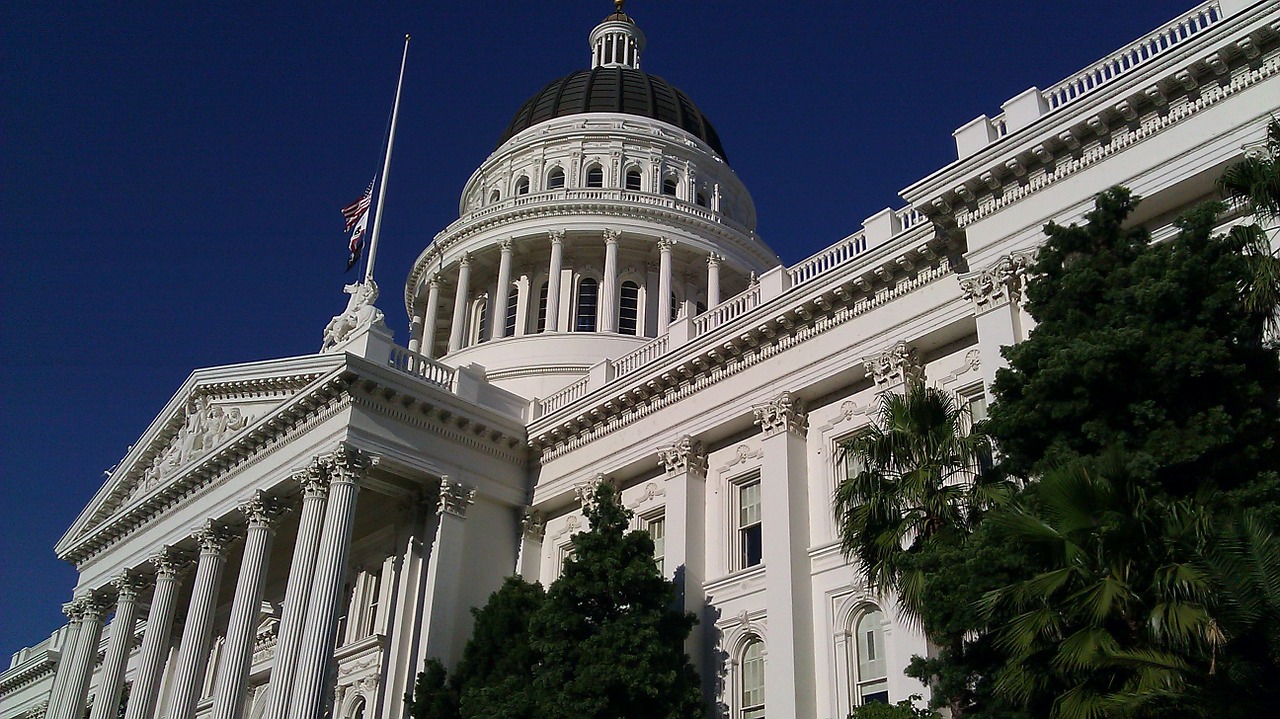Subsidies in the Health Care Bill Struck Down by Federal Court – Huge Blow to Obamacare
A major part of the 2010 health-care law was struck down on Tuesday by the D.C. Circuit Court of Appeals. The ruling states that the tax subsidies that are central to Obamacare may not be provided in at least half of the states.
According to The Washington Post:
In a decision that could blow a massive hold in President Obama’s signature domestic achievement, the court held that people living in states that relied on the federal government to set up their insurance market exchanges cannot offer the subsidies considered critical to making coverage affordable.
The D.C. Circuit Court of Appeals ruled the administration used an IRS rule to stretch the meaning of the Affordable Care Act, which said financial aid to to low- and middle-income people should only flow to exchanges “established by the State.” If that means only state-run exchanges, it would cut off subsidies to two-thirds of the nation.
Twenty-seven states decided against setting up state marketplaces and another nine states partially opted out. If subsidies for half the states are barred, it will be a massive blow to the health-care law, which relies on these subdues to make insurance affordable for millions of low and middle income Americans.
The subsidies can be sizable for these Americans, in reducing their overall costs. For example, in Wyoming the average consumer who bought a mid-grade plan on the federal marketplace is receiving a subsidy of about $444 per month, bringing their costs down to about $100 out of pocket, according the federal figures.
According to the government, about 5.4 million people signed up for health insurance on the federal marketplace through the spring, with about 87% of them receiving subsidies.
It is expected that the government will request a hearing which would put the case before the entire appeals court. It may, ultimately, end up before the Supreme Court.



